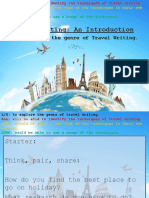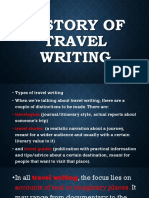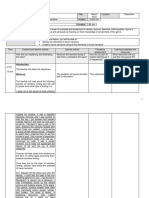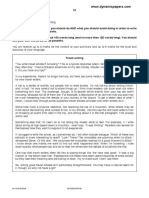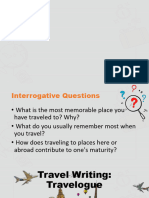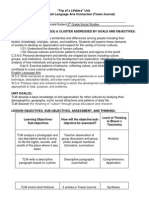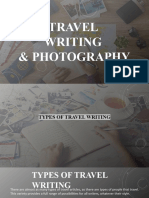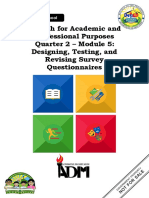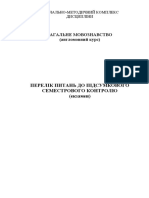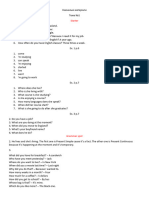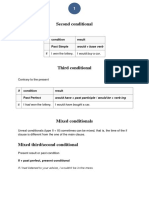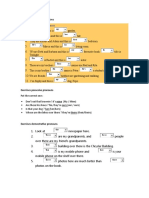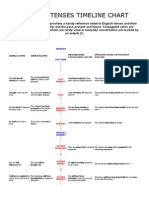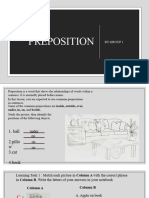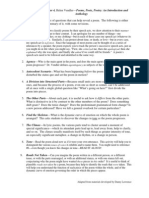100% found this document useful (1 vote)
21 views30 pagesTravel Writing L1
Uploaded by
williamnguyen2311Copyright
© © All Rights Reserved
We take content rights seriously. If you suspect this is your content, claim it here.
Available Formats
Download as PPTX, PDF, TXT or read online on Scribd
100% found this document useful (1 vote)
21 views30 pagesTravel Writing L1
Uploaded by
williamnguyen2311Copyright
© © All Rights Reserved
We take content rights seriously. If you suspect this is your content, claim it here.
Available Formats
Download as PPTX, PDF, TXT or read online on Scribd
/ 30





